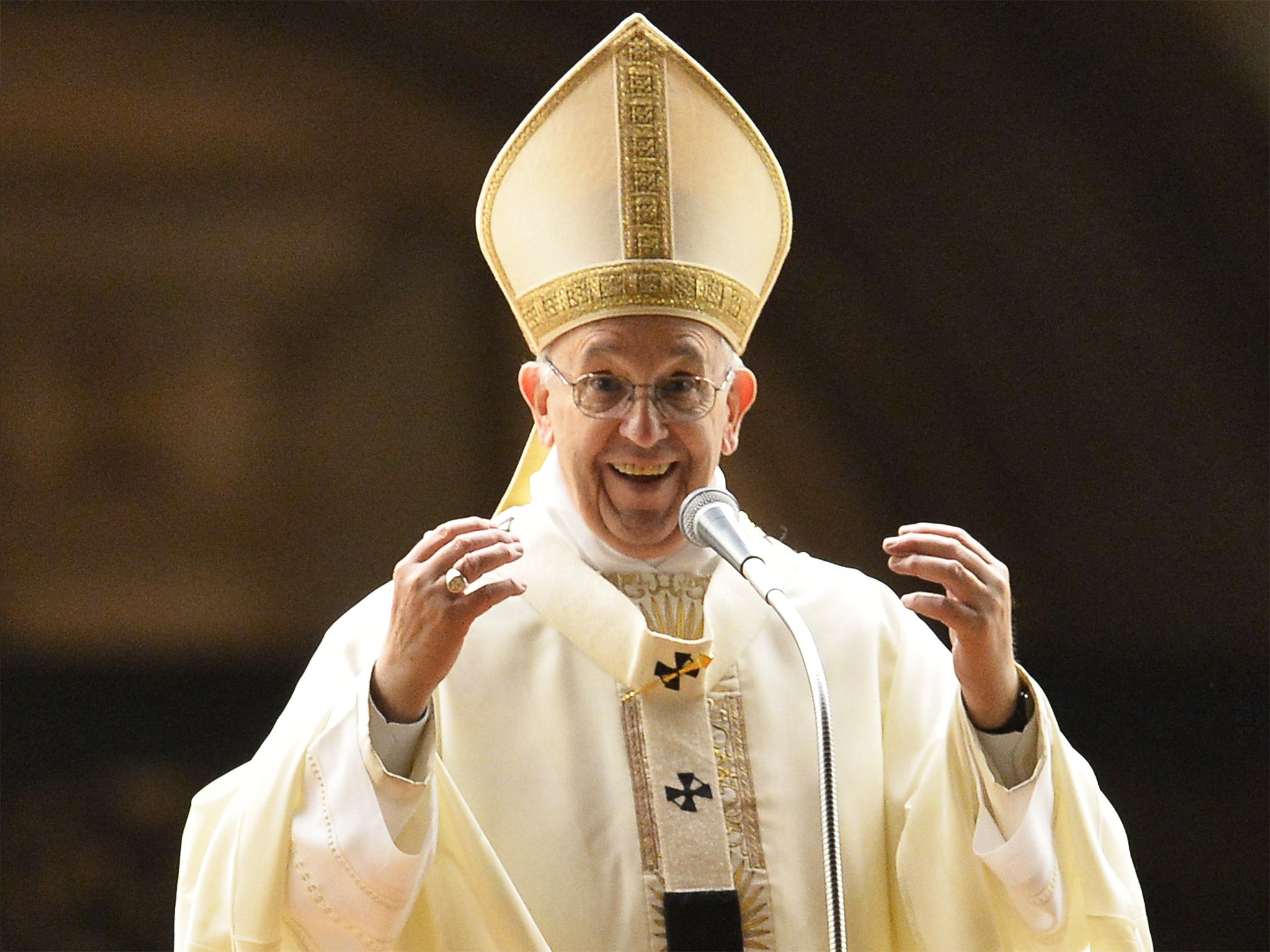Pope Francis’s Encyclicals and Apostolic Exhortations

Pope Francis has written several encyclicals and apostolic exhortations during his papacy, addressing a wide range of topics and themes. These documents have had a significant impact within the Catholic Church and beyond, and have been praised for their clarity, compassion, and commitment to social justice.
Laudato Si’ (On Care for Our Common Home)
Published in 2015, Laudato Si’ is an encyclical that addresses the environmental crisis facing the planet. Francis argues that the ecological crisis is a moral issue, and calls on all people to take action to protect the environment and promote sustainable development.
“The earth, our home, is beginning to look more and more like an immense pile of filth.”
Laudato Si’ has been widely praised for its clear and compelling message, and has been credited with raising awareness of the environmental crisis among both Catholics and non-Catholics alike.
Evangelii Gaudium (The Joy of the Gospel)
Published in 2013, Evangelii Gaudium is an apostolic exhortation that Artikels Francis’s vision for the Catholic Church. In this document, Francis calls for a Church that is poor, humble, and missionary, and that is focused on serving the poor and marginalized.
“The joy of the gospel fills the hearts and lives of all who encounter Jesus. Those who accept his offer of salvation are set free from sin, sorrow, inner emptiness, and loneliness.”
Evangelii Gaudium has been praised for its emphasis on mercy and compassion, and for its call for a more inclusive and welcoming Church.
Amoris Laetitia (On Love in the Family), Pope francis
Published in 2016, Amoris Laetitia is an apostolic exhortation that addresses the challenges facing families in the modern world. Francis argues that the family is the foundation of society, and calls on all people to support and strengthen families.
“The family is the place where children learn the meaning of love, forgiveness, and sacrifice.”
Amoris Laetitia has been praised for its compassionate and nuanced approach to the complex issues facing families today.
Pope Francis’s Social Justice Advocacy
Pope Francis has been a vocal advocate for the poor, marginalized, and vulnerable throughout his papacy. He has consistently spoken out against poverty, inequality, and environmental degradation, calling on individuals and governments to take action to create a more just and sustainable world.
Theological and Ethical Foundations
Francis’s social justice advocacy is rooted in his deep faith and his belief in the dignity of every human person. He believes that all people are created in the image of God and therefore deserve to be treated with respect and compassion. He also believes that the Church has a responsibility to speak out on behalf of those who are suffering and to work for a more just and equitable society.
Actions and Initiatives
Francis has taken a number of concrete actions to address social justice issues. He has established a commission to study poverty and inequality, and he has launched a number of initiatives to help the poor and marginalized. For example, he has opened soup kitchens and shelters for the homeless, and he has provided financial assistance to families in need.
Francis has also been a strong advocate for environmental protection. He has called on world leaders to take action to address climate change, and he has urged individuals to reduce their carbon footprint. He believes that environmental degradation is a moral issue, and he has said that we have a responsibility to protect the planet for future generations.
Pope Francis’s Ecumenical and Interfaith Dialogue

Pope Francis has made ecumenism and interfaith dialogue a cornerstone of his papacy, recognizing the importance of fostering unity and understanding among different Christian denominations and world religions.
Meetings and Collaborations
Francis has met with leaders of various Christian denominations, including Ecumenical Patriarch Bartholomew I of the Eastern Orthodox Church and Archbishop of Canterbury Justin Welby of the Anglican Communion. These meetings have focused on promoting dialogue, exploring common ground, and working towards reconciliation.
Francis has also engaged in interfaith dialogue with leaders of Judaism, Islam, Buddhism, and Hinduism. He has visited mosques, synagogues, and Buddhist temples, emphasizing the need for respectful and cooperative relationships between different faiths.
Challenges and Opportunities
Fostering interreligious understanding and cooperation presents both challenges and opportunities. One challenge lies in overcoming historical tensions and prejudices between different religious groups. Another challenge is addressing the rise of religious fundamentalism and extremism.
Despite these challenges, there are opportunities for interreligious dialogue to promote peace, reconciliation, and social justice. By building bridges of understanding, religious leaders can work together to address common concerns and contribute to a more harmonious world.